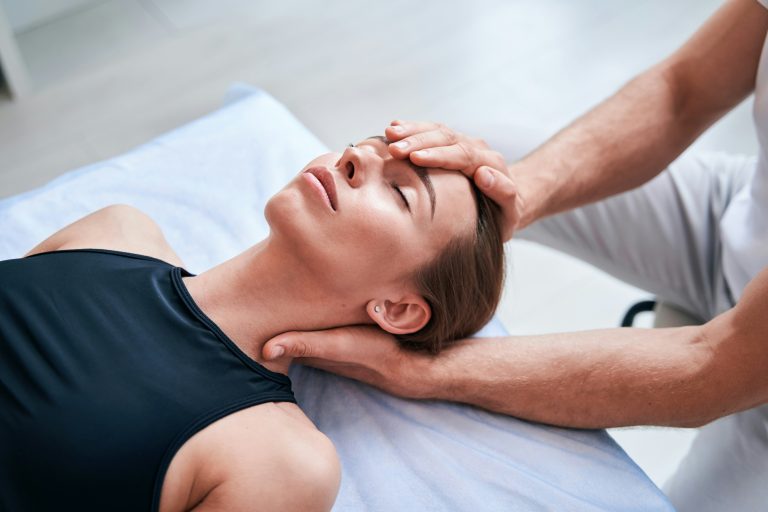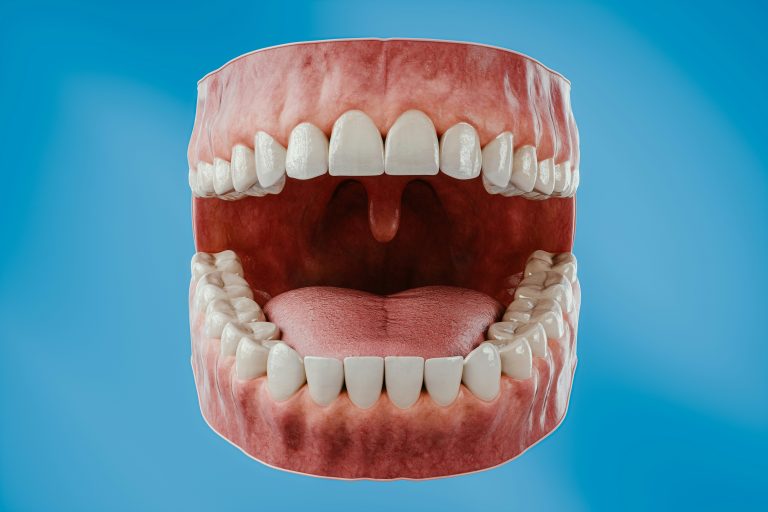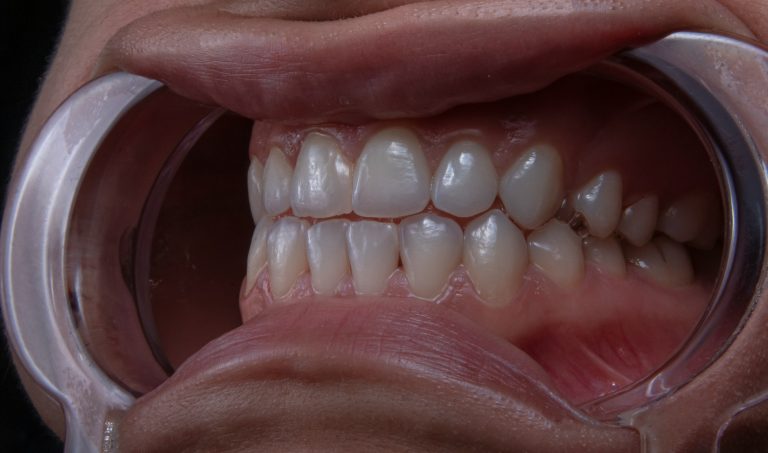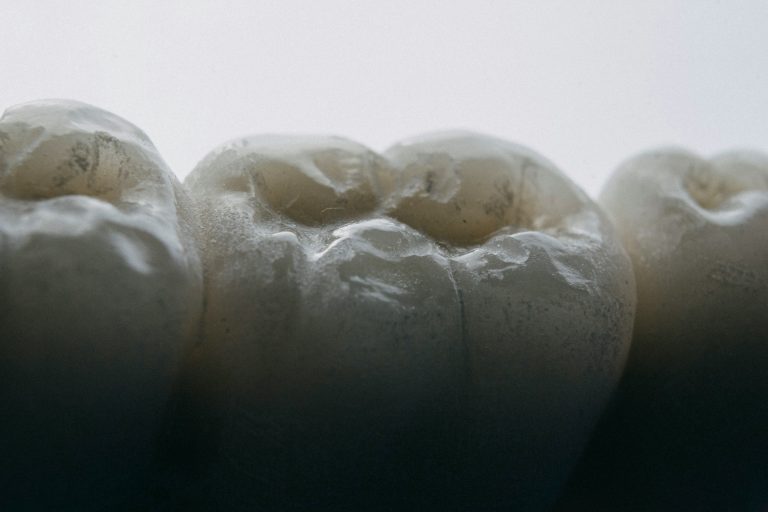Vertigo is a common disorder of balance that can be very disabling in everyday life. Whether they occur suddenly or gradually, they disrupt personal, social and professional life. Fortunately, effective solutions do exist - notably through vestibular physiotherapy and cervico-maxillo-facialThese two complementary approaches enable targeted, long-term treatment.
What is vertigo?
Vertigo is a incorrect sensation of movementThis is often described as a feeling that the environment is spinning or that you are about to fall. It's not just a momentary 'dizziness', but an actual spatial orientation disorder.
There are two main categories:
- Peripheral vertigo caused by damage to the inner ear or vestibular nerve.
- Central vertigo related to neurological damage (rarer).
What are the common causes of vertigo?
Vertigo can result from malfunctions in the systems that regulate balance: the inner ear (vestibular system), the visual system, proprioception (sense of body position in space) and the brain. Here are the most common causes:
- BPPV (Benign Paroxysmal Positional Vertigo) Vertigo: caused by the displacement of crystals (otoliths) in the inner ear. This type of vertigo is typically triggered by changes in position.
- Vestibular neuritis Inflammation of the vestibular nerve (neuritis) or the entire inner ear (labyrinthitis), often of viral origin. It causes intense dizziness, sometimes associated with nausea and severe loss of balance.
- Temporomandibular joint (TMJ) disorders or neck strain TMJ dysfunction (often caused by bruxism, postural disorders or poor dental occlusion) can disrupt balance via poor sensory integration between the muscles of the jaw, neck and inner ear.
- Vestibular migraines Migraine: This form of migraine is accompanied by moderate to severe dizziness, with or without a headache. It is often triggered by stress, certain foods, hormonal changes or lack of sleep.
- Inner ear syndrome (Meniere's disease)Hearing loss : This chronic condition manifests itself as violent attacks of vertigo, tinnitus and fluctuating hearing loss. It is linked to an abnormal accumulation of fluid (endolymph) in the inner ear.
- Anxiety, chronic stress, poor posture These factors often act as triggers or amplifiers.
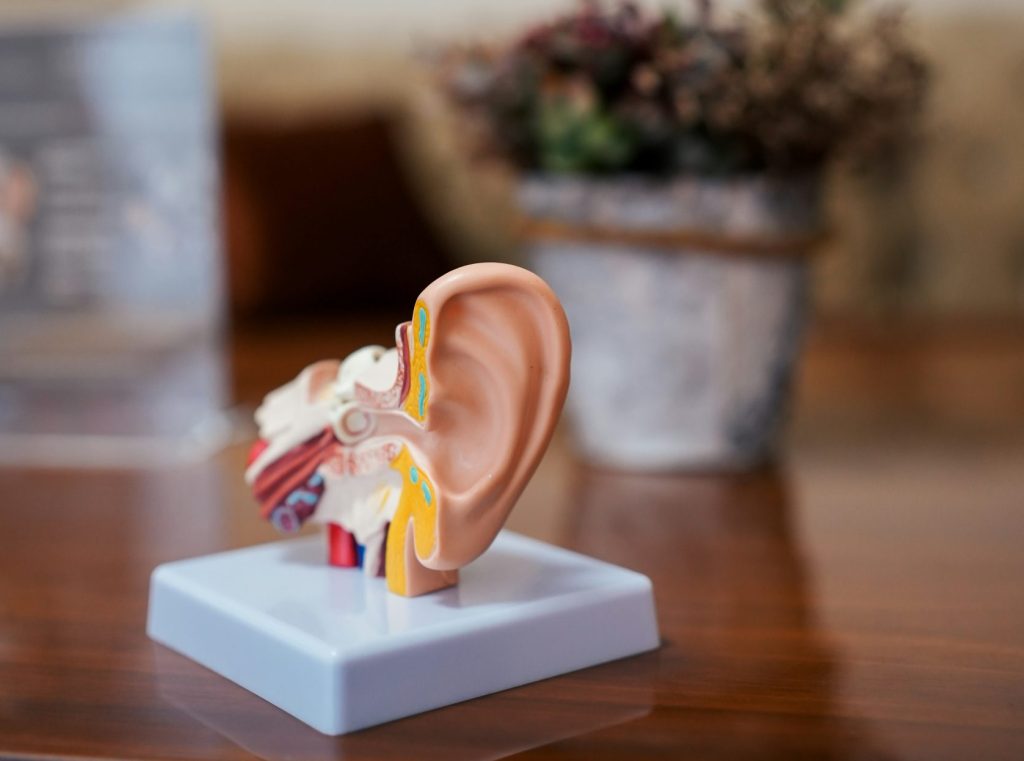
What are the consequences for everyday life?
Vertigo often leads to :
- A loss of confidence in movement
- From concentration and vision problems
- A social isolation linked to the fear of falling or feeling bad in public
- From anxiety disorders even depressive episodes
It is therefore essential to accurate diagnosis and set up a appropriate care.
The role of vestibular physiotherapy
La vestibular physiotherapy is the reference approach in the rehabilitation of vertigo of peripheral origin.
The vestibular physiotherapist carries out a precise assessment using clinical tests, then offers personalised sessions with :
- Liberating manoeuvres (Epley type) in cases of BPPV
- Eye stabilisation exercises
- Balance and posture rehabilitation
- Progressive exposure exercises to trigger movements
These techniques enable the brain to recalibrate sensory information to compensate for imbalances.
The benefits of cervico-maxillo-facial physiotherapy
Some causes of vertigo are due to cervical or mandibular Muscle tension in the back of the neck, joint blockages, bruxism, jaw problems.
In these cases, the kiné cervico-maxillo-faciale allows you to :
- Release deep muscle tension
- Mobilising the cervical spine and TMJ
- Improving proprioception (perception of body position)
- Relieve associated symptoms (headaches, facial pain, feeling of tightness)
The combination of the two approaches (vestibular + cervico-maxillo-facial) is often the most effective. essential for lasting results.
When should you consult?
Consult a professional if you feel :
- Repeated or persistent dizziness
- A sensation of head spinning when changing position
- Problems with balance when walking or in the dark
- Discomfort in the jaw or neck area accompanied by dizziness
Don't let vertigo leave you alone. A tailored, personalised solution is possible.


